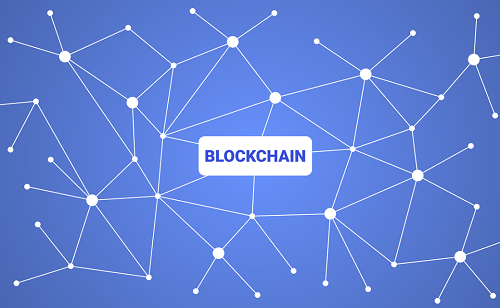

Image Source: Pixabay
In recent years, the advent of decentralized blockchain technology has revolutionized various industries, ranging from finance to supply chain management. Unlike traditional centralized systems, decentralized blockchain offers a myriad of advantages that enhance transparency, security, and efficiency. This blog post aims to delve into the key benefits of embracing the decentralized blockchain, exploring how it empowers individuals, organizations, and economies.
Decentralized blockchain technology is built on the foundation of cryptographic algorithms and distributed ledger systems. These features provide enhanced security and transparency, making it an ideal solution for various applications.
Unlike centralized databases vulnerable to hacking and fraud, blockchain operates on a network of interconnected nodes, ensuring that each transaction or piece of information is recorded and verified by multiple participants. This consensus mechanism eliminates the need for intermediaries, reduces the risk of fraud, and guarantees the integrity of the data stored on the blockchain.
Moreover, the transparent nature of blockchain enables users to track and verify transactions, fostering trust among participants and minimizing the potential for corruption or manipulation.
Decentralized blockchain technology has the potential to streamline processes and increase efficiency across industries. By eliminating intermediaries and automating transactions, blockchain reduces the time, effort, and costs associated with traditional manual processes.
For instance, in the financial sector, blockchain-based smart contracts facilitate self-executing agreements without the need for intermediaries, ensuring secure and prompt transactions. Similarly, supply chain management can benefit from blockchain's traceability features, allowing stakeholders to track the movement of goods from origin to destination, reducing delays and enhancing efficiency.
Additionally, decentralized blockchain systems operate 24/7, eliminating the constraints of traditional office hours, thereby accelerating transaction processing and enabling real-time settlements.
Decentralized blockchain technology empowers individuals by granting them control over their own data and digital assets. Traditional centralized systems often collect and store user data, exposing it to vulnerabilities and privacy breaches.
In contrast, blockchain allows users to retain ownership and control of their personal information through encryption and decentralization. Users can selectively grant access to their data, enhancing privacy while maintaining the ability to interact in digital ecosystems.
Furthermore, decentralized blockchain enables financial inclusivity by providing access to banking and financial services to the unbanked population, eliminating geographical barriers, and fostering economic growth.
The ability to create decentralized applications (DApps) on blockchain platforms further democratizes innovation, allowing individuals and communities to develop and deploy their solutions, transforming industries and enabling grassroots entrepreneurship.
Decentralized blockchain systems are designed to be resilient and immune to single points of failure.
In traditional centralized systems, a failure in a central server or database can disrupt operations and compromise data integrity. However, in a decentralized blockchain network, data is distributed and replicated across multiple nodes, ensuring that even if some nodes fail, the network remains operational. This inherent resilience enhances system availability and reduces the risk of downtime or data loss.
Furthermore, the decentralized blockchain's resistance to censorship and tampering makes it particularly valuable in contexts where free speech and open access to information are crucial, such as in oppressive regimes or when dealing with sensitive data.
Decentralized blockchain technology has emerged as a transformative force, offering numerous advantages over traditional centralized systems. By providing enhanced security, transparency, efficiency, and empowering individuals and communities, decentralized blockchain has the potential to revolutionize various industries.
As we embrace this technology, we must also address the challenges associated with scalability, energy consumption, and regulatory frameworks. Nevertheless, the advantages of decentralized blockchain make it a promising solution for building a more transparent, secure, and efficient future.
By leveraging the power of decentralized blockchain, we can create a decentralized and trustless ecosystem that fosters innovation, collaboration, and economic growth.
As the technology continues to evolve and gain mainstream adoption, it is essential for individuals, organizations, and governments to explore its potential and harness its advantages for a decentralized future we can all benefit from.
Disclaimer: This article is provided for informational purposes only and not offered or intended to be used as legal, tax, investment, financial, or any other advice.